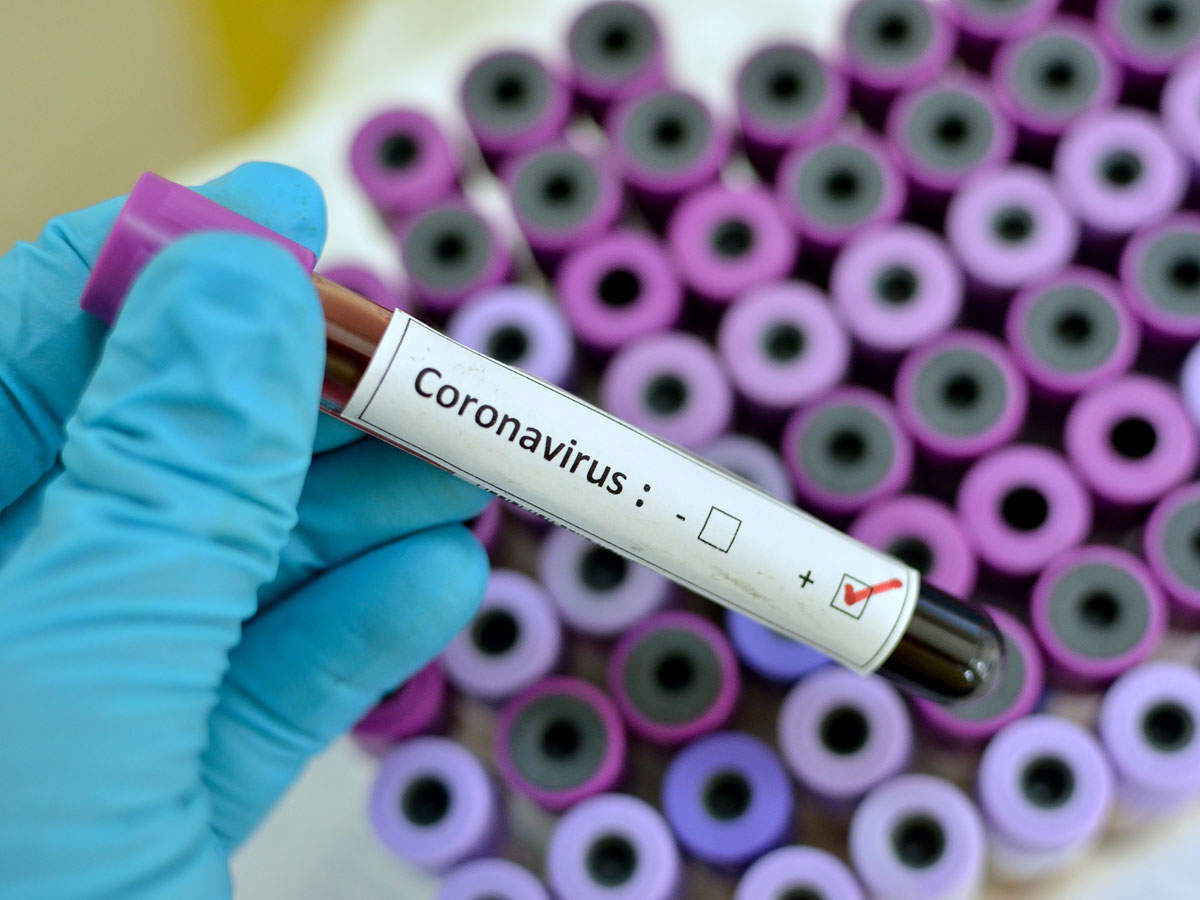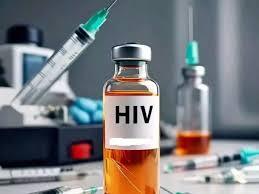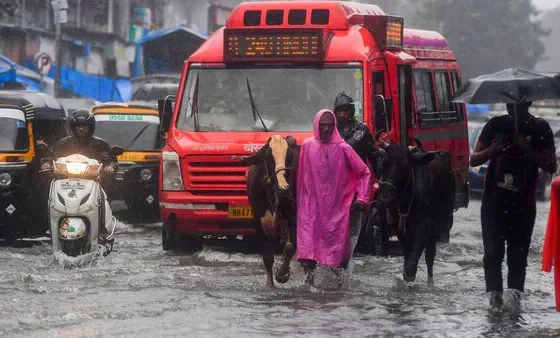The government is seeking to develop helipads along major highways so that accident victims can be evacuated using helicopters from the spot. Civil Aviation Minister Jyotiraditya Scindia on Tuesday said that steps are being taken to have Helicopter Emergency Medical Services (HEMS), as a part of efforts to boost the country’s helicopter segment.
“I am working with the Ministry of Road Transport to try and see whether we can develop helipads along the major highways, especially Mumbai, Delhi and so forth so that if there is an accident, we can evacuate people with helicopters,” he said.
Scindia while speaking at a summit organised by industry body CII said that there are around 250 helicopters in India and about 181 of them are operated by non-scheduled operators, while there is less than one helipad per district. Recently, the ministry came out with a new helicopter policy, which has made the processes easy and simple.
Along with that, helicopter corridors are being established and three such corridors — Mumbai to Pune, Begumpet to Shamsabad, and Ahmedabad to Gandhinagar — are in place. Under the regional air connectivity scheme, there are plans to develop 36 heliports, and 6 of them are functional.
Focussing on the foundations are in place to launch the helicopter industry in India, Scindia said that from a economic standpoint in terms of customs duty and imports of helicopters, he has sensitised the finance minister and “we are working on resolving those issues as well”.
Scindia also said that eight states and Union Territories reducing Value Added Tax (VAT) on aviation turbine fuel (ATF) from prohibitive rates of 28-30 per cent to 1-2 per cent is a “huge achievement” for the aviation sector in terms of making it more economically viable. ATF or jet fuel costs account for a major chunk of an airline’s operational expenses.











